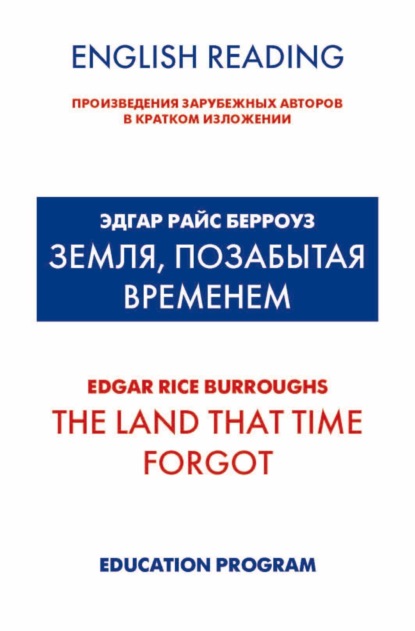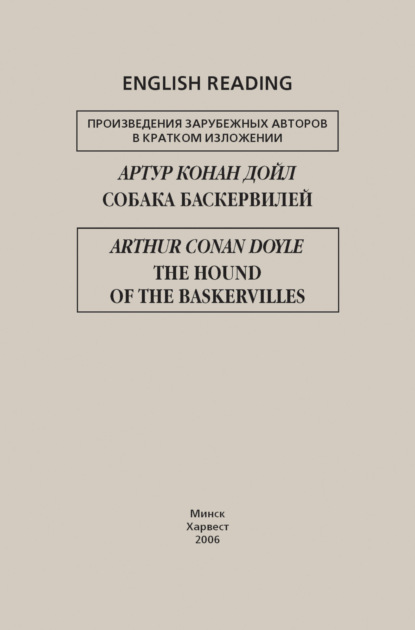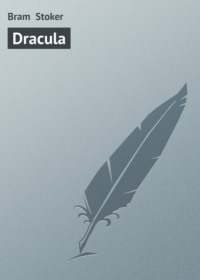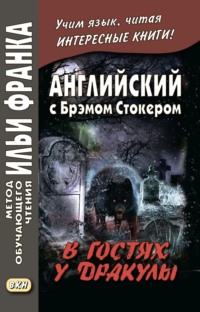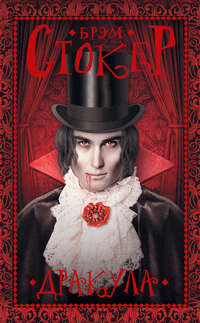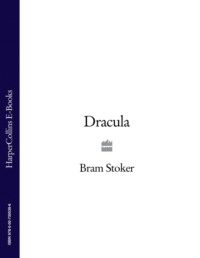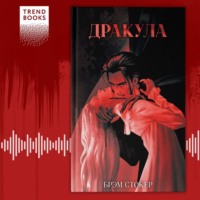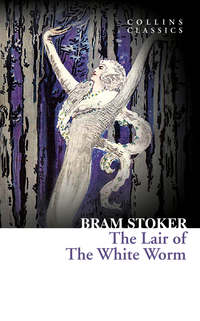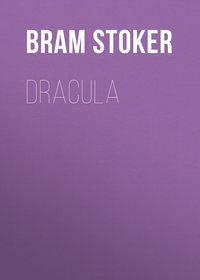Дракула / Dracula

Полная версия
Дракула / Dracula
Жанр: ужасы / мистикаужасымистикаизучение языкованглийский языквампирылексический материалтекстовый материалхоррорадаптированный английскийзнания и навыкикниги для чтения на английском языке
Язык: Английский
Год издания: 2006
Добавлена:
Серия «Произведения зарубежных авторов в кратком изложении»
Настройки чтения
Размер шрифта
Высота строк
Поля
Конец ознакомительного фрагмента
Купить и скачать всю книгу


